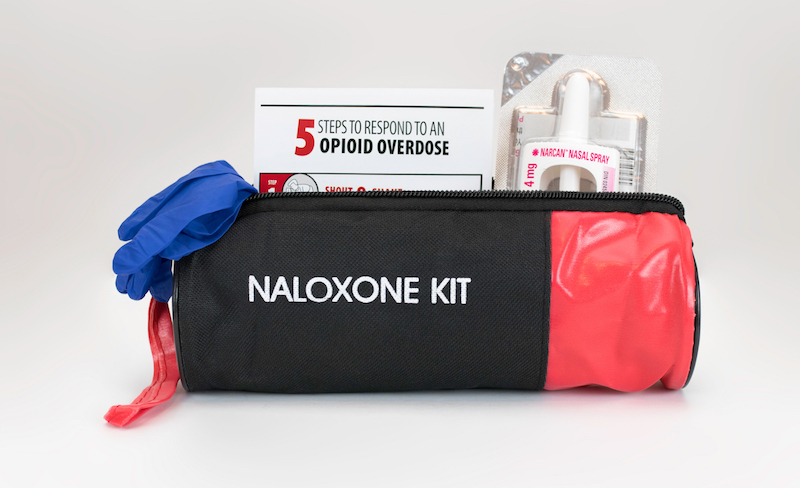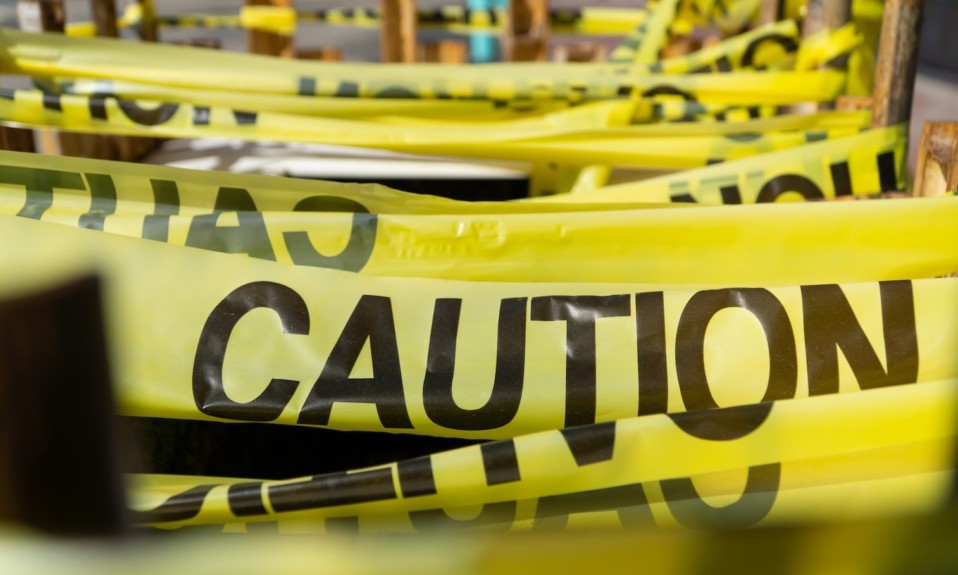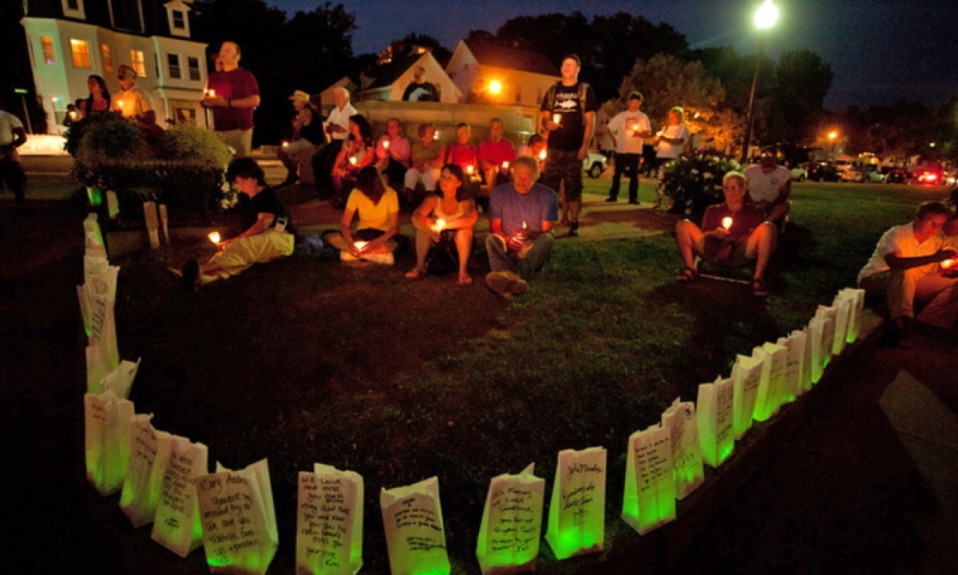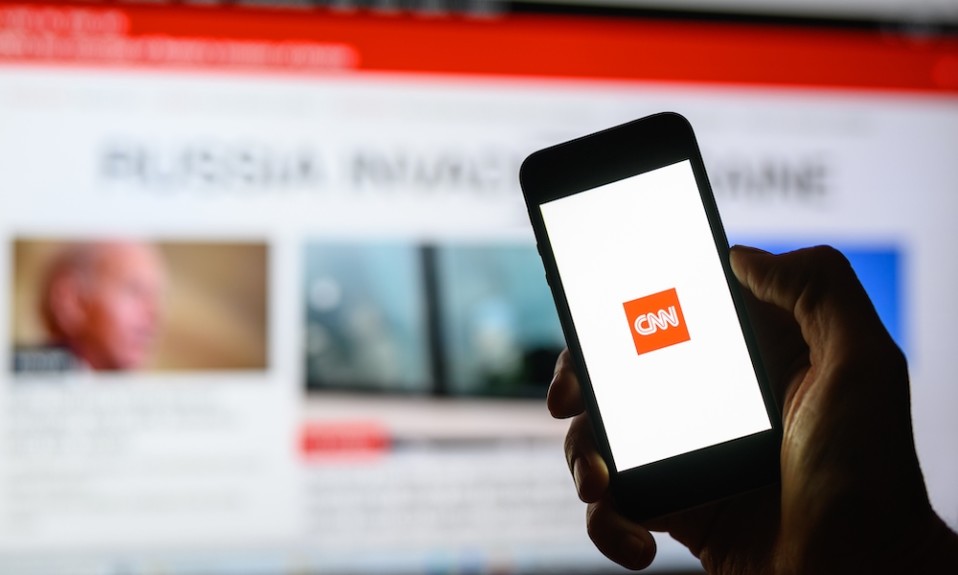The organization’s stance on making ER care for substance use disorder mandatory is laudable, but it’s only one step in a complex process
By Bill Williams
A new report from the Legal Action Center states that hospitals are legally responsible for providing effective necessary treatment to people with substance use disorder in their emergency departments. I applaud the effort put into creating this much-needed document.
I have long admired the advocacy work done by the Legal Action Center. I have benefited on several occasions from its thoughtful advice and the depth of its understanding of the law—most particularly, its work around parity law, both locally and nationally. Our family has donated to its effort in memory of our son and brother, William. He was a young man whose overdose death well might have been avoided if regulations put in place since his death had existed when he was given scant, if any, treatment on multiple occasions by at least five emergency departments and was denied treatment by insurers. I have no quarrel with the Legal Action Center. I do have questions based on bitter personal experience.

How will this news of their right to treatment reach substance users? Will it be delivered along with clean needles and Narcan? By healthcare workers on the street? By activists? By word of mouth? Leaflets? At the same time as COVID-19 vaccinations? This is a group that is, perhaps sadly, more often preoccupied with “staying well” than making sure to tune in to CNN or any other media to receive the Legal Action Center news. It took a determined group of advocates to create this news. And it will take more determination to reach users, or at the least their families, partners and friends.
Engaging Those Who Need to Be Engaged
On the subject of COVID vaccinations, Aaron Ferguson, a member on the leadership team of the National Urban Survivors Union—an organization made up of active and former drug users seeking to affect U.S. drug policy—recently told Filter: “People who use drugs are reluctant to engage with the healthcare system for good reason. Most of my fellow drug users have experienced discrimination in healthcare settings, and may have experienced severe consequences for seeking medical care due to mandated reporting that can result in losing our families, communities and livelihood.”
I followed ambulances or delivered my son to five different New York City hospitals. One for a last time. Patients need someone by their side to help understand treatment and recovery instructions, follow-up care and their rights.”
Some users arrive in emergency departments not out of choice but because they’ve overdosed and require life-saving treatment. Once revived, and assuming they are not greeted with judgment or outright hostility because they may be “frequent fliers,” will they have the memory and acuity to insist upon their rights? Will they even want their rights in that moment? My son didn’t always. He left two hospitals, one a “high security” institution. The expression used to describe his departures: “He eloped.” One precinct officer explained to me, “Happens here all the time.”
I followed ambulances or delivered my son to five different New York City hospitals. One for a last time. Patients need someone by their side to help understand treatment and recovery instructions, follow-up care and their rights. It’s hard to do on one’s own. I suspect that the misses will far outnumber the hits when a person suffering from substance abuse and/or mental illness has to enumerate and then insist upon the right to proper treatment while alone in an emergency department.
Bill Williams is a teacher and freelance writer. Since the heroin overdose death of his son, William, he has written and spoken frequently about addiction. Reach him at briobrio33@gmail.com.













